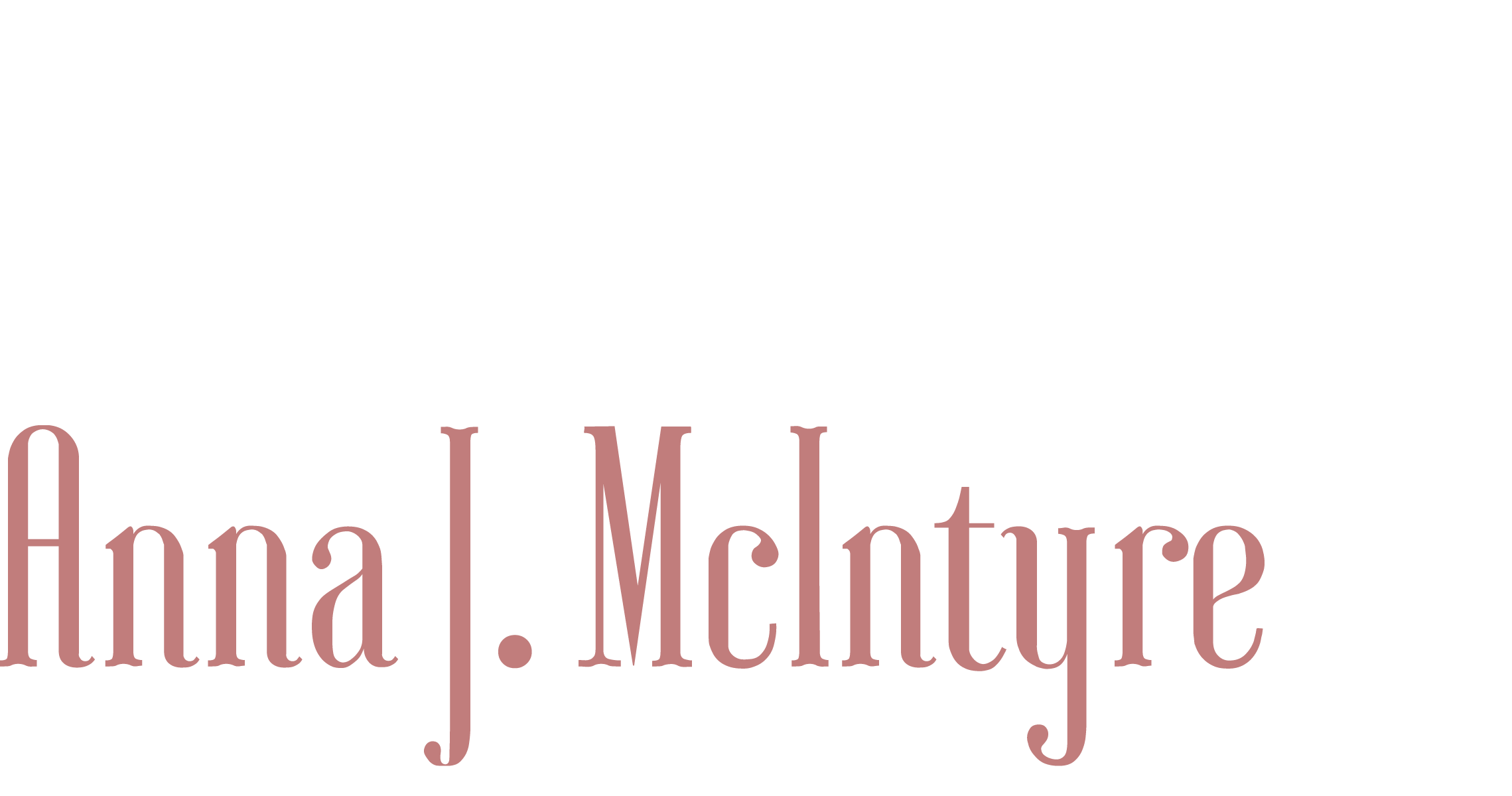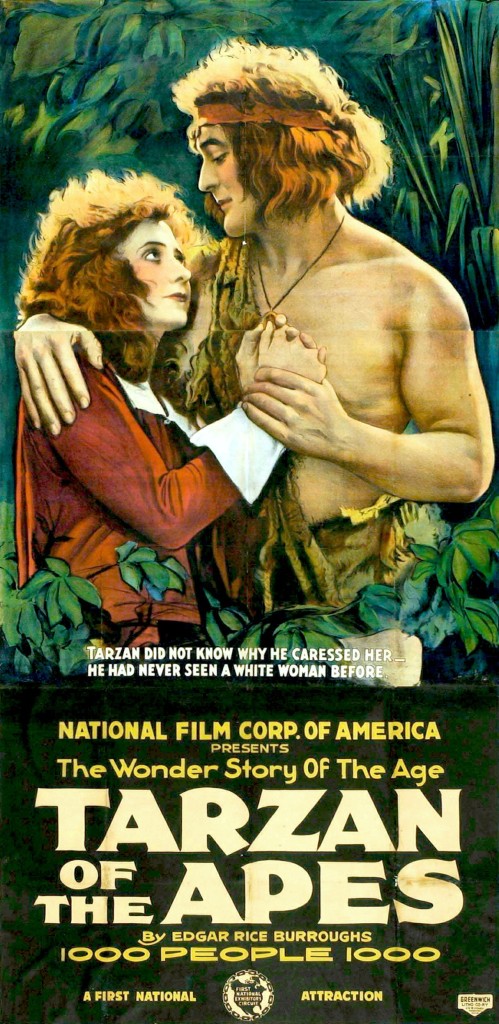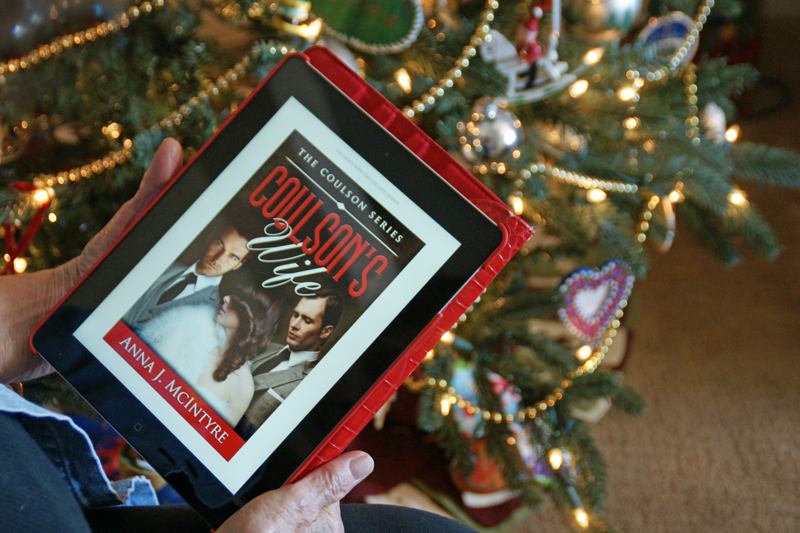I hope everyone had a wonderful Christmas. Book sales on my Coulson Series have been strong this past month. Yet, what makes me especially happy are the positive reviews I’ve been receiving on the first book in the series, Coulson’s Wife.
While going through the reviews when preparing for this post, I found a most snarky and offensive comment left by someone the day before Christmas Eve, who doesn’t claim to have read the book, didn’t leave her own review, but questions the legitimacy of the other reviews.
The person wrote: “Practically all these reviews read the same. No information about the book at all. Can we say “purchased reviews” anyone?
Ummm…no we can’t say that. I have never EVER, in my entire writing career, purchased any review. I have asked for honest reviews before, on a Goodread’s group that hooks writers up with reviewers in exchange for a free email file. But that was only on While Snowbound – not Coulson’s Wife – and I limited it to ten readers – and not all of those left a review, which is not uncommon.
But like I said, I never asked for Coulson’s Wife reviews on Goodreads – nor have I ever paid for any reviews. Plus, I don’t believe in review swaps. If I read a friend’s book and don’t like it – I won’t leave a review. If I like the book, I will leave an honest review. But I would never engage in the practice of review swaps; it doesn’t feel right to me. When I do like a book written by a friend, I want to be able to write a good review, without others doubting my sincerity.
If more than one reader said the same thing about Coulson’s Wife, it was probably because the readers shared the same impression about the story. Accusing an author of unethical conduct simply because readers expressed similar sentiments in their reviews is in itself unethical in my opinion.
So what did some reviewers say about Coulson’s Wife?
“I haven’t found a book in quite some time that held my interest enough that I could read it in one sitting.”
“I think the author did a beautiful job making her characters come to life and I highly recommend reading this book.”
“I loved this book!”
“…a great ride, and I’m going on to the next book.”
“…so worth the read just make sure you have the time because everything else is forgotten while reading this book.”
“I totally enjoyed reading this book. I loved the characters especially Mary Ellen. great story which I will recommend to my friends.”
“Wonderful story.”
“Well written, with good description of characters.”
“..the people were very real.”
“I could not put it down.”
“I shed quiet a few tears while reading this book but I couldn’t bring myself to put it down. It was well worth reading.”
While I find the person’s snarky comment a personal insult – I still feel great about the reviews. It tells me my story has resonated with those readers.
EDIT: I feel it necessary to amend my post. When I first read the comment accusing me of buying reviews, I assumed the person was questioning all the reviews on Coulson’s Wife – yet I may have misunderstood and that comment may have been directed at just one reviewer – the reviewer where the comment was left.
After taking a closer look, I see that reviewer has only three reviews – all on Coulson books, and none are verified purchases, meaning the books were not purchased at Amazon, at least not through the account leaving the review. Of course, that doesn’t mean the reviewer didn’t read the books – they were available (until recently) at Smashwords and Barnes and Noble. Since I’ve sold books at both venues, it is always possible one of those readers left the reviews.
First, I’d like to say, I have absolutely no idea who the reviewer is. I understand questioning the validity of the reviews, but I honestly did not pay or ask someone to write fake five star reviews.
While it is possible some well meaning, yet misguided friend left the reviews, I rather hope that is not the case. I’d prefer to believe it is someone who read the books, and was so taken by them that she decided to write her first book reviews on Amazon.
I’ve been publishing on Amazon for a number of years and I am not foolish enough to leave fake reviews. Yet, just as authors cannot control 1-star reviews, we have no control over our 5-star reviews. (December 29, 2013)



